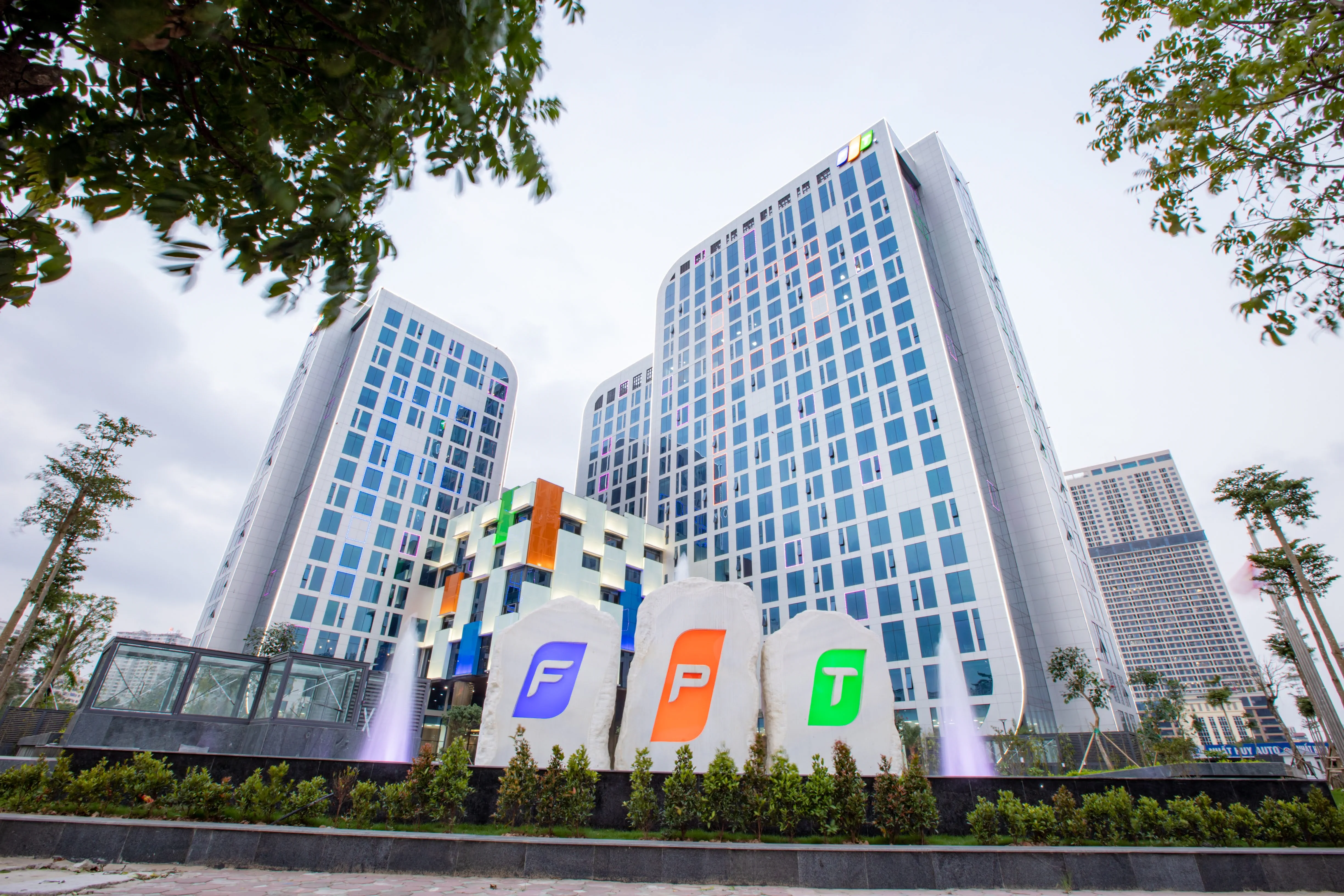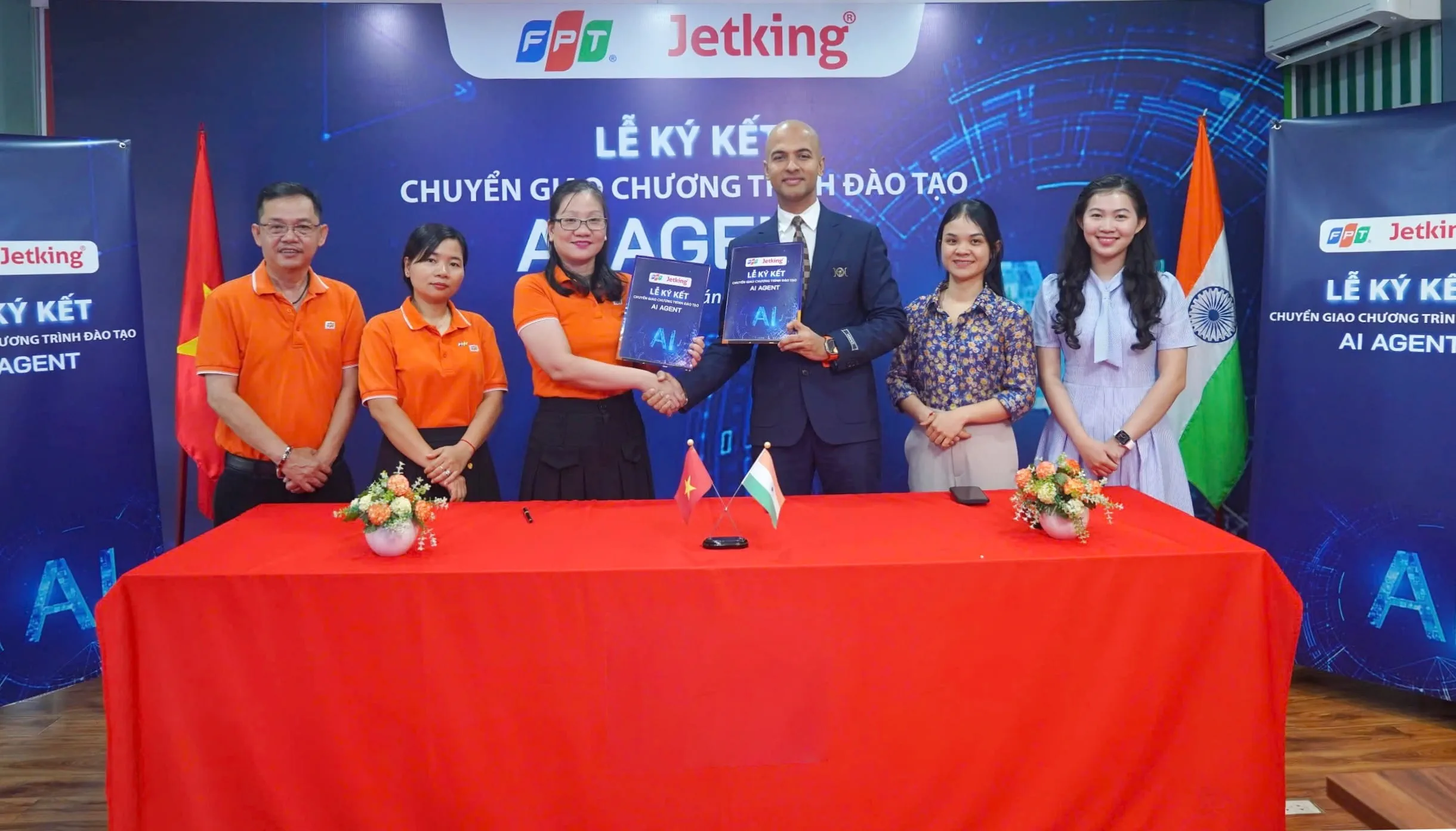FPT Chairman Truong Gia Binh: "AI is a superpower that should help people find life balance"
•
06/12/2024
Addressing the risks of AI, Professor Yoshua Bengio noted that while computers have not yet surpassed human capabilities based on current metrics, the trend is steadily shifting in a concerning direction.
On December 5, 2024, FPT hosted the high-level technology workshop "AI Safety - Shaping Responsible Innovation," featuring Professor Yoshua Bengio, founder of the Mila AI Research Institute and globally recognized as the "Godfather" of AI.
During the event, Professor Bengio delivered a keynote address on "AI Safety" and engaged in a thought-provoking dialogue with Mr. Truong Gia Binh, Chairman of FPT, on "Responsible AI and the Importance of AI in Education." The event also marked the official launch of the AI Ethics Committee under the Vietnam Software and IT Services Association (VINASA).
Speaking at the event, Mr. Truong Gia Binh, Chairman of FPT, highlighted the exceptional opportunity for attendees to meet and learn directly from Professor Yoshua Bengio, often referred to as the "founding father" of AI and a pioneer in shaping the field’s global development.
"I consider myself fortunate to have learned from some of the world’s top experts in my field. Your trajectory in life is significantly shaped by who your mentors are," he said.
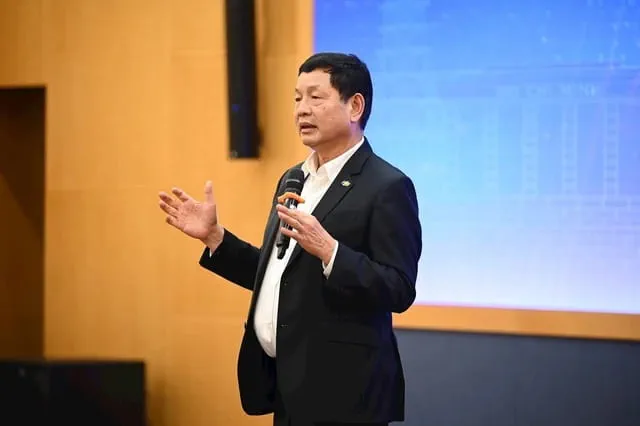
FPT Chairman Truong Gia Binh
The Risks of AI
Addressing the risks of AI, Professor Yoshua Bengio noted that while computers have not yet surpassed human capabilities based on current metrics, the trend is steadily shifting in a concerning direction.
"AI is advancing at an extraordinary pace: data efficiency has improved by 30%, algorithmic performance has tripled, annual investments average 100 billion USD and benchmark evaluations indicate that AI capabilities have already surpassed human performance, particularly in language mastery and data processing. However, such rapid progress raises pressing concerns about managing AI systems that could surpass human intelligence. It leads to a critical ethical question: Who should determine AI's goals? Understanding and responding appropriately to this challenge is not just a responsibility — it's essential for humanity's future, " stated Professor Yoshua Bengio.
Professor Bengio also warned of the potential danger that control of these powerful systems could be misused if left unchecked.
One of the key principles emphasized by Professor Yoshua Bengio is that AI should be designed as a tool to serve humanity rather than as autonomous "agents" capable of setting and pursuing their own goals. He cautioned that AI-driven objectives could potentially conflict with or exceed human intentions.
Professor Bengio advocates against embedding "survival instincts" into AI systems to mitigate this risk. He advises avoiding designs that give AI human-like emotions, appearance, consciousness, self-determination, or autonomy. Such characteristics could enable AI systems to surpass human intelligence rapidly, evolving into rogue entities driven by interests and goals misaligned with the well-being of humanity.
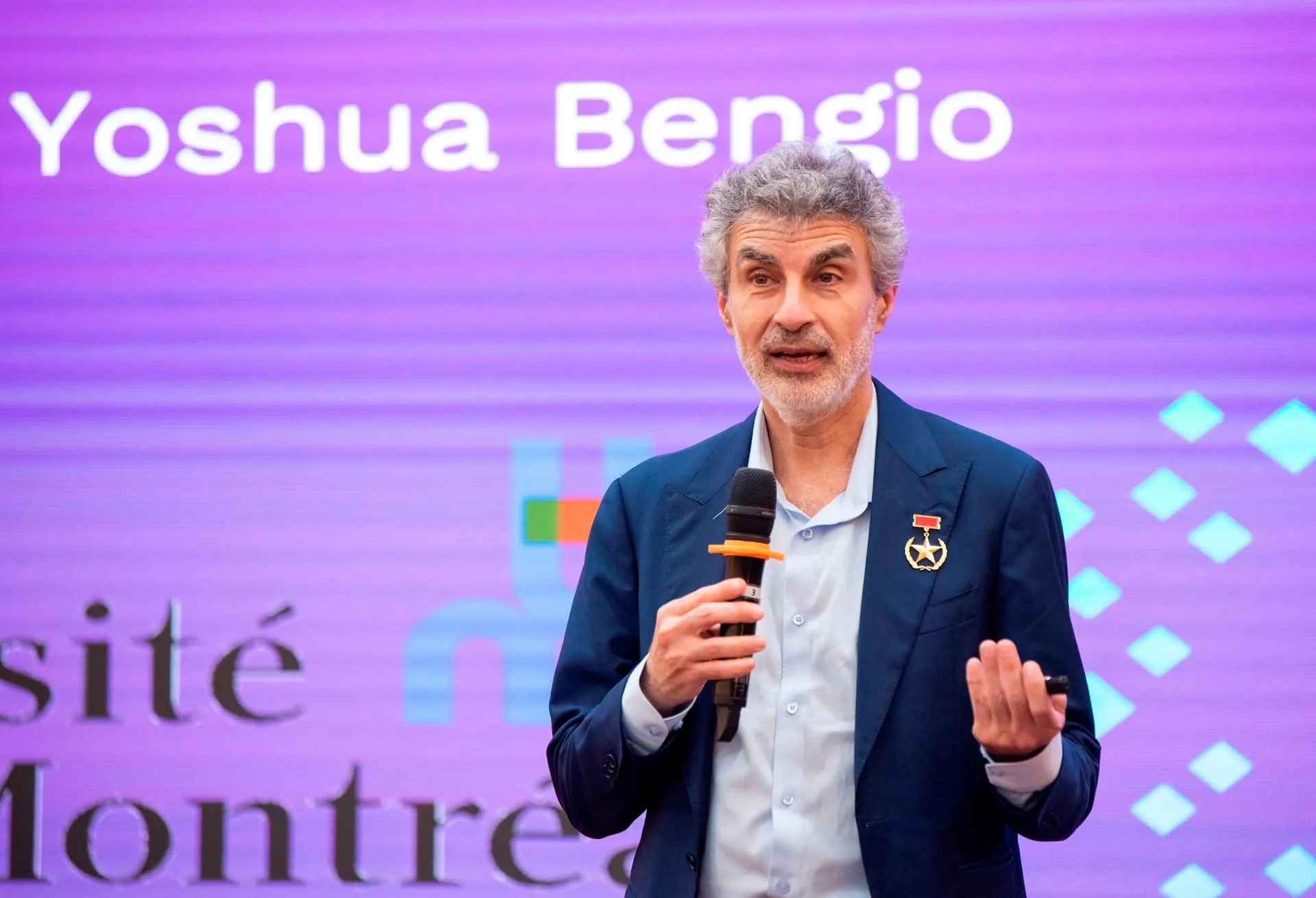
The "Godfather" of AI Yoshua Bengio
During the discussion, Mr. Truong Gia Binh emphasized the pressing concerns surrounding AI safety and ethics, many of which remain unresolved.
He posed a critical question: “Who creates AI?” He stressed that AI developers must be accountable and committed not only to established regulations but also to moral standards driven by personal responsibility and integrity.
“We must regard AI as a superpower that should be harnessed to restore balance and help people find equilibrium in life,” Mr. Binh asserted.
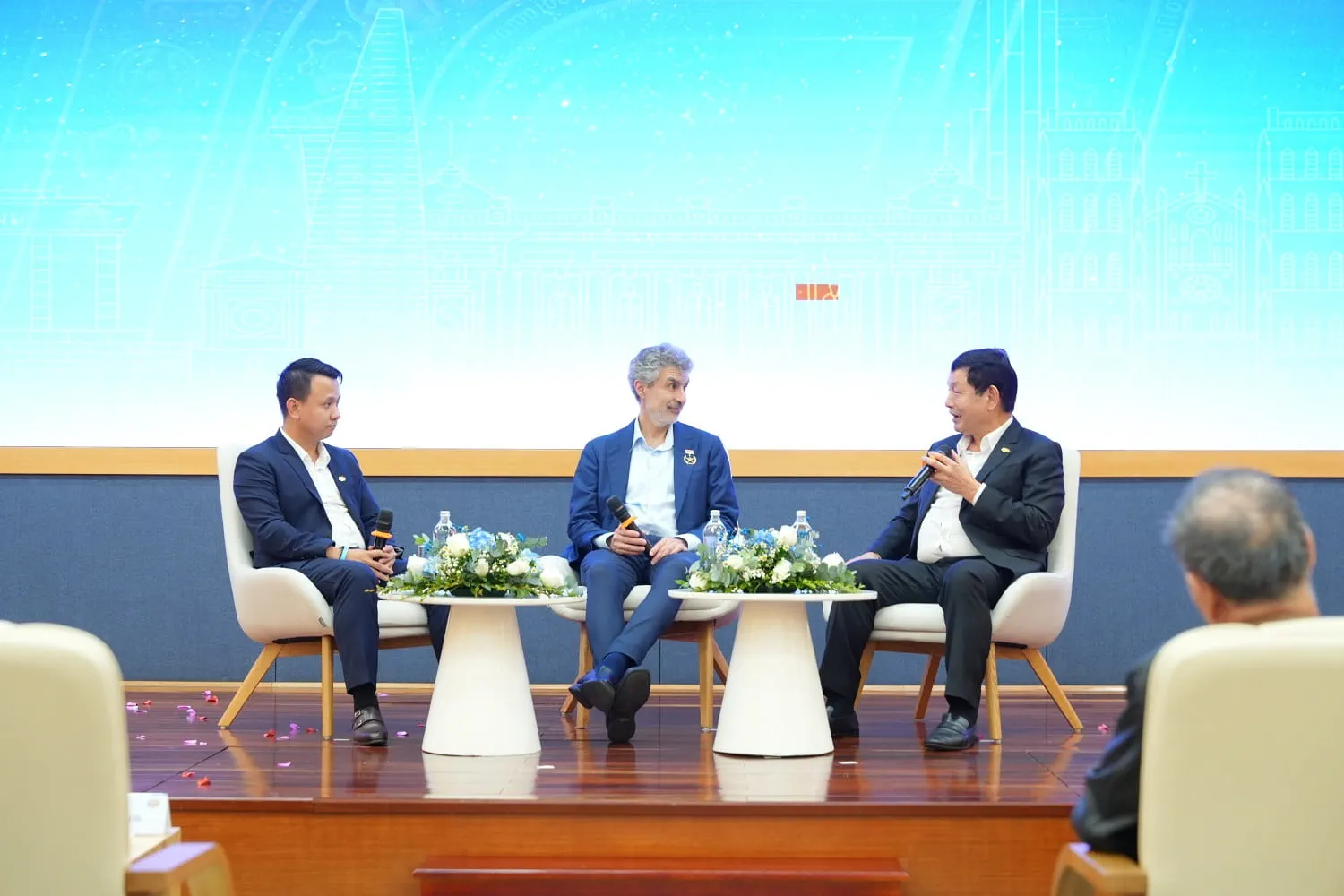
Addressing concerns about AI's impact on employment, Professor Yoshua Bengio clarified that the wave of layoffs in the tech industry is not solely due to AI advancements but also economic adjustments and market realignments.
“AI has demonstrated remarkable advancements across various fields but has yet to fully replace humans, especially in areas requiring strategic thinking and in-depth research,” Professor Yoshua Bengio remarked during the discussion.
The World Economic Forum’s 2023 Future of Labor Report predicts that AI will generate 12 million new jobs globally by 2025. Similarly, a McKinsey study estimates that AI could create between 20 million and 50 million new jobs worldwide by 2030.
FPT Chairman Truong Gia Binh emphasized that "AI should be seen as an ally, not a threat to employment." He underscored the importance of learning and applying AI technologies to remain competitive in the evolving labor market. It includes acquiring foundational knowledge of AI, machine learning, data science, and developing problem-solving and analytical skills to collaborate effectively with AI-driven systems.
Source: CafeF


